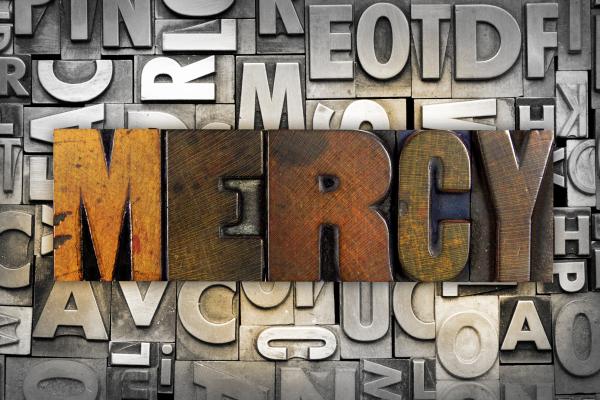Southern Baptist leader Albert Mohler wrote a piece last week defending the death penalty. In his 1,200-word argument for why Christians should support the death penalty, he does not mention Jesus a single time.
Digging deeper, as you read the official pro-death penalty statement of the Southern Baptists, there is not a single reference to Jesus or the Gospels.
There are plenty of other problems with the scriptural maneuvering used to justify the contemporary practice of the death penalty with a few verses from the Bible, in the same way that a few verses were misused to justify slavery. For starters the biblical death penalty was required not just for murderers, but also for folks that committed adultery, disrespected their parents, collected too much interest, had premarital sex, and disobeyed the Sabbath. But I want to stick with the nagging problem of Jesus, the greatest obstacle for pro-death penalty Christians.
In a recent Barna Poll, fewer than 5 percent of Americans think Jesus would support capital punishment, and fewer than a quarter of young Christians support it. Nonetheless some Christians find ways to sidestep Jesus, the lens through which all of us who claim to be Christians should interpret the Bible and the world around us.
Read the Full Article

